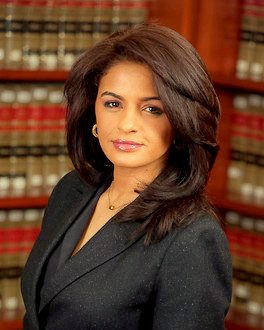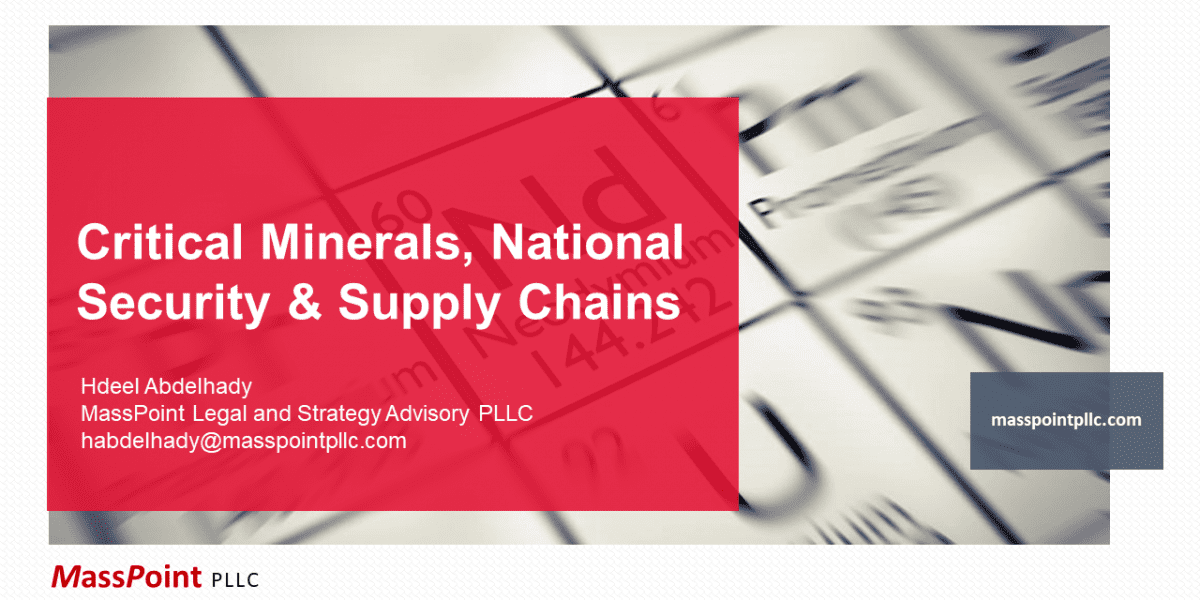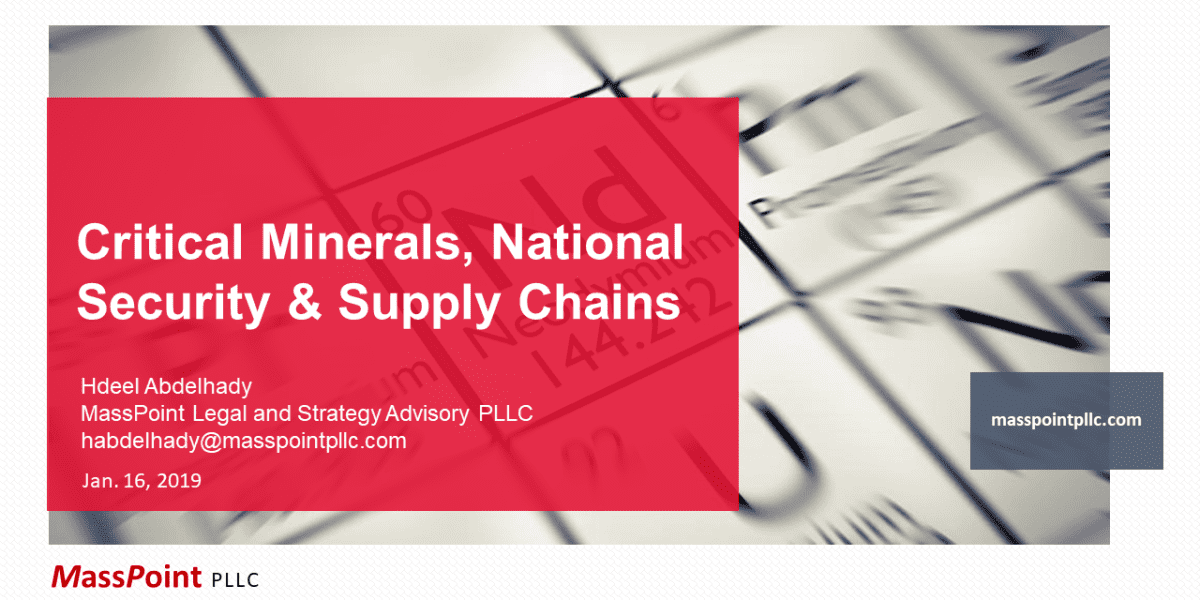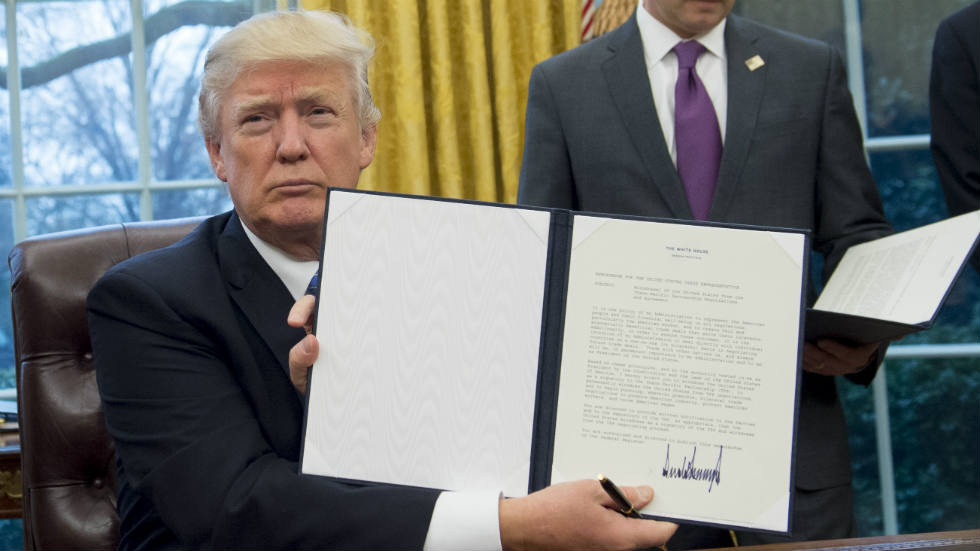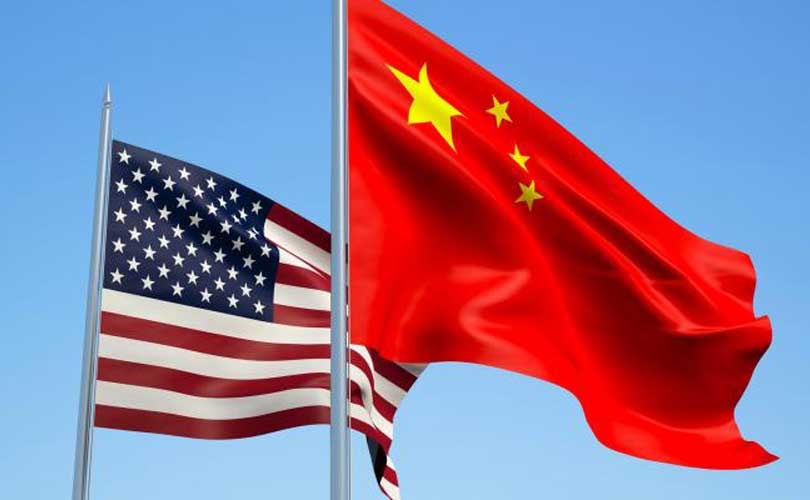Event: Critical Minerals, National Security, and Supply Chains
Register: Critical Minerals, National Security & Supply Chains
What Lies Beneath: Critical Minerals, National Security & Supply Chains A Program Developed and Co-Sponsored by MassPoint Legal and Strategy PLLC and Hosted by the American Bar Association January 16, 2019 2:00 p.m. – 3:30 p.m. Eastern Time View Full Program…
